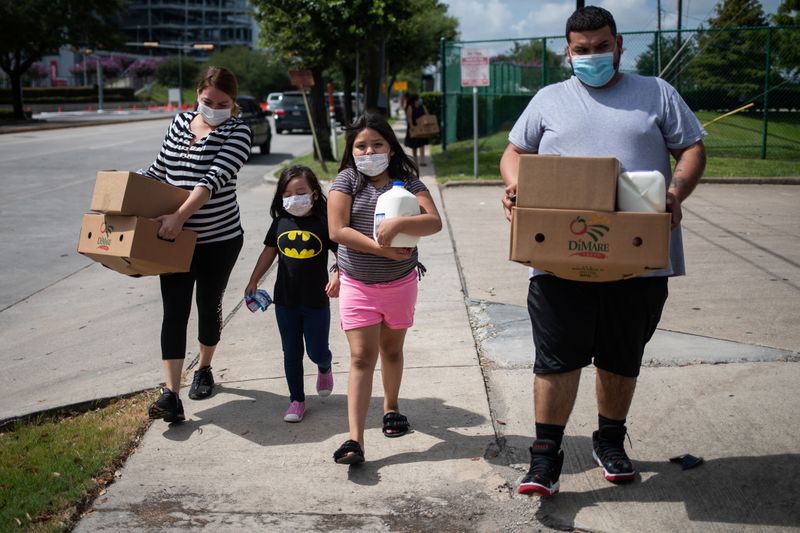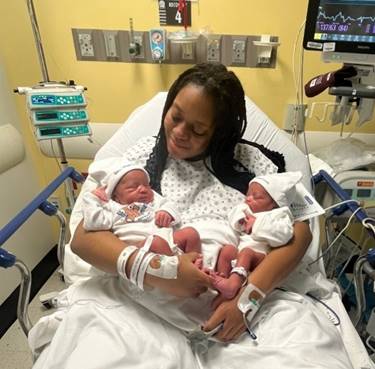SANTIAGO (Reuters) – The novel coronavirus pandemic is showing “no signs of slowing down” in the Americas, the Pan American Health Organization’s director said on Tuesday, with the virus landing in Guianese shield countries on the continent`s northeastern coast and surges in Bolivia, Ecuador, Colombia and Peru.
Carissa Etienne told a virtual briefing from PAHO’s Washington headquarters that some Central American nations were seeing their highest weekly increase of cases since the virus landed, and that because of the high burden of infectious diseases and chronic conditions in the Americas, three out of 10 people – 325 million – were at “increased risk” of developing complications from COVID-19.
“The impact of co-morbidities on the spread of the virus should be a clarion call to every country in the Americas: Use data to tailor your response and make health your top priority,” she said.
She highlighted 900,000 new cases and nearly 22,000 deaths reported in the region over the past week, most of them in Brazil, Mexico and the United States.
Etienne said there were some bright spots. Chile, Argentina and Uruguay made “important progress” in strengthening influenza surveillance and vaccination programs, and there had been “very low” circulation of influenza this year, also highlighting the value of COVID-19 prevention measures such as handwashing and social distancing.
She said several Caribbean countries had implemented effective travel restrictions to control outbreak clusters, and as a result, had now been able to resume non-essential travel.
PAHO officials cautioned however, that reopening to attract key tourism income should be done gradually and that testing before travel could create a false sense of security.
The officials added that while developments in vaccines were hopeful, problems could still arise in the lengthy process of rolling them out to populations and prevention should still be the priority for governments in the Americas.
(Reporting by Aislinn Laing and Lucila Sigal; Editing by Chizu Nomiyama and Jonathan Oatis)
























